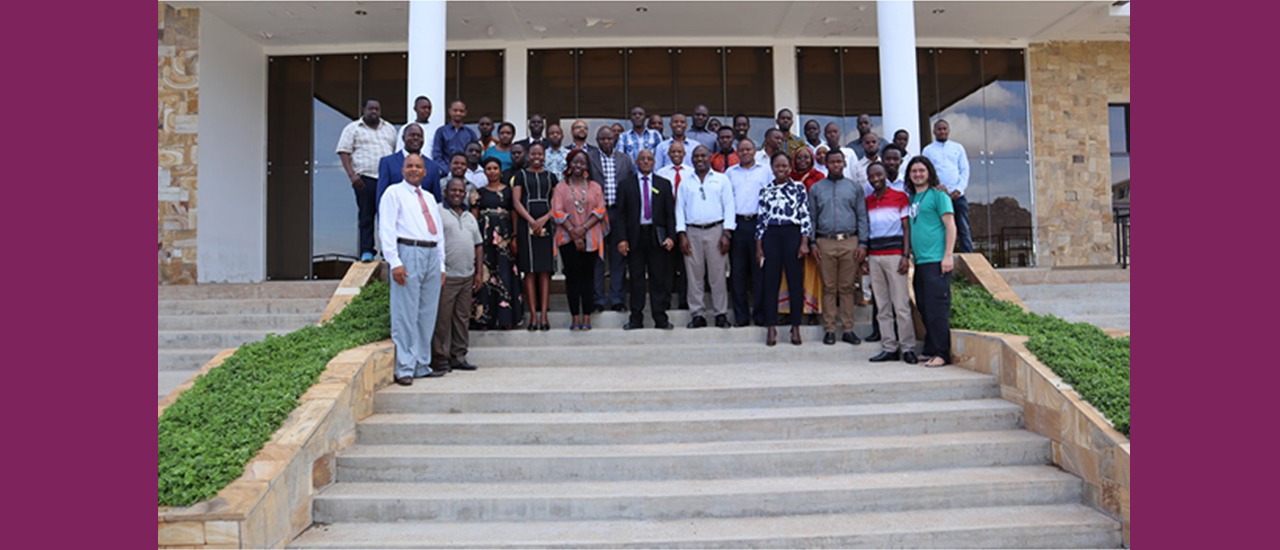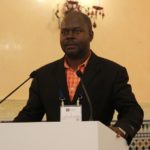Community established networks, also referred to as “community networks” (CNs), have existed for many years and provide a sustainable solution to address the connectivity gaps that exist in urban, remote, and rural areas around the world. While the global statistics estimate that about half of the world population has access to the Internet, the connectivity gap is wide between the developed and developing countries.
In Tanzania, there are 41.8 million voice telephone subscriptions and only 23 million Internet users. A study by Research ICT Africa reported that when Internet access is compared between rural and urban areas, 86% of rural dwellers remain unconnected to the Internet compared to 44.6% in urban areas. Similarly, in Tanzania, fewer women have access to and use of the Internet than men.
In order to address the connectivity challenges in Tanzania, the Internet Society Tanzania Chapter in partnership with the University of Dodoma, supported by Beyond the Net Funding Programme, has built a pilot project using TV white space as a community network solution. The deployed network has connected four educational institutions in rural Tanzania and at the same time provided Internet access to community members around the schools.
In order to achieve both technical and financial sustainability, members of Kondoa Community Network played a critical role in the deployment of the required infrastructure that finally made this project successful.
Prior to scale-up phase, the Internet Society Tanzania Chapter, in collaboration with the University of Dodoma, organized a two-day technical workshop that brought together participants interested in community networks and those already working with community radio in Tanzania. The workshop was held at the University of Dodoma 5-7 December 2018 and was attended by 45 participants in Tanzania (Dar es Salaam, Loliondo, Kahama, Kondoa, Uvinza, Bukombe, Karagwe, Arusha, Kyela, Nkasi, Ileje, Makete, and Nyasa). This was the first community network and community radio workshop of its kind held in Tanzania. The workshop included facilitators from Tanzania, Kenya, Uganda, and Argentina. The official opening of the workshop was attended by Peter Msoffe, Acting Vice Chancellor and Deputy Vice Chancellor Academic, Research and Consultancy of the University of Dodoma. “Community networks are the networks which are deployed and managed by the community themselves to address the connectivity challenges, and are used to receive and exchange information that could solve community challenges,” said Msoffe. A participant from Unyanja FM Community Radio, Patrick Kossima, said, “community network[s] and community radio supplement each other. For instance, hard to reach areas that were not possible to be covered by community radio could be covered by [a] community network and in so doing both feed each other the relevant local contents around the community.”
The workshop covered topics ranging from the technical to policy matters that favor Internet access in Tanzania. “Internet Society Tanzania Chapter is committed to making the Internet to be available even in the very remote and underserved areas in Tanzania because we believe the Internet is for everyone,” said Abibu Ntahigiye, Chairperson, Tanzania Chapter. Ntahigiye presented the topic “Domain the Undomain using .tz Domain.” The workshop on the first community network and community radio in Tanzania was concluded with a visit to Kondoa Community Network, the first community network to pilot the use of television white space technology in Tanzania. While in Kondoa District, workshop participants also visited Kondoa Irangi Rock Paintings which are recognized by UNESCO as World Heritage Site.
We are looking for new ideas from people all over the world on how to make their community better using the Internet. The Internet Society Beyond the Net Funding Programme funds projects up to $30,000.00 USD.
Photo Credit: Nico Pace from AlterMundi.net

